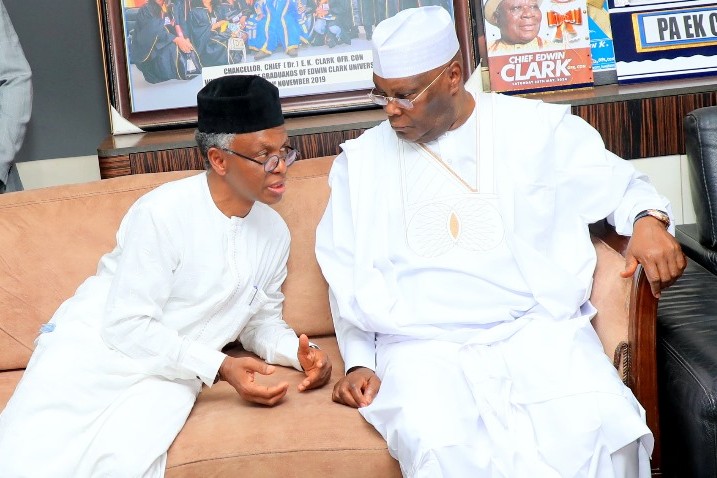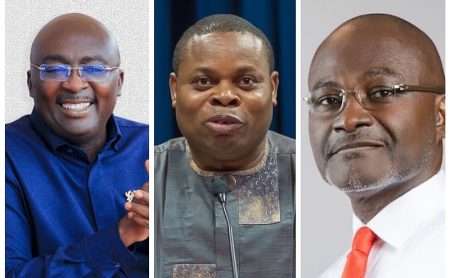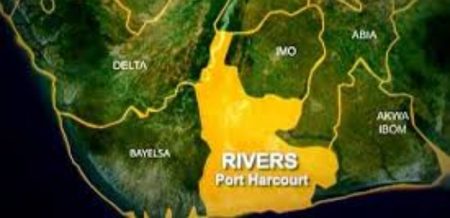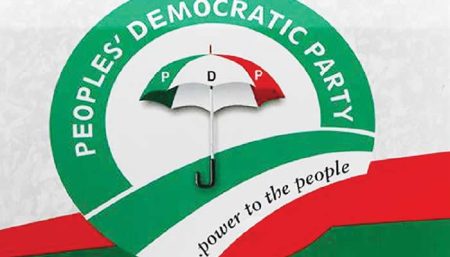The Nigerian political landscape is bracing for a potential shake-up with the emergence of the All Democratic Alliance (ADA), a new political party spearheaded by prominent figures including former Vice President Atiku Abubakar, ex-Kaduna State Governor Nasir El-Rufai, former Rivers State Governor Rotimi Amaechi, and Umar Ardo, a former aide to President Olusegun Obasanjo. This coalition of political heavyweights has formally submitted an application to the Independent National Electoral Commission (INEC) seeking official registration, signaling a strategic move to challenge the current administration of President Bola Tinubu in future elections. The ADA’s formation underscores the growing public discontent and political realignments taking shape in Nigeria, providing a platform for these influential figures to consolidate their efforts and present a united front against the ruling party.
The application to INEC, dated June 19th and acknowledged by the commission on Friday, marks the culmination of weeks of speculation regarding the coalition’s strategy. Instead of attempting to revive a dormant political platform, the group has opted to forge a new path, establishing the ADA as a fresh vehicle for their political aspirations. This decision reflects a calculated approach, allowing the coalition to build a party structure and identity from the ground up, unburdened by the baggage or pre-existing factions that might accompany a revitalized party. The move also demonstrates a confidence in their ability to garner support and mobilize resources to effectively compete in the Nigerian political arena.
The application letter, jointly signed by the association’s Protem National Chairman, Chief Akin A. Rickets, and Protem National Secretary, Abdullahi Elayo, formally requests INEC to register the All Democratic Alliance as a political party. The letter emphasizes the coalition’s backing of the new party and outlines key elements of its identity, including the acronym ADA and the slogan “Justice for All”. These carefully chosen elements reflect the party’s intended message and resonate with the public’s desire for equitable governance and accountability. The letter further confirms the submission of all required documentation, including the party’s constitution, manifesto, logo, and minutes of its foundational meetings, demonstrating a commitment to transparency and adherence to the established procedures for party registration.
The ADA’s choice of a maize stalk as its symbol holds significant symbolic weight. The applicants describe the maize as representing abundance, resilience, and sustenance, values that resonate deeply with the Nigerian populace. This symbolism aims to connect with the everyday struggles of citizens and project an image of a party capable of delivering on promises of prosperity and stability. The maize, a staple crop in Nigeria, serves as a powerful visual representation of the party’s commitment to addressing fundamental needs and ensuring the well-being of the people. This carefully crafted symbolism serves as a potent tool for engaging with the electorate and building a strong party identity.
The ADA’s manifesto and constitution, submitted alongside the application, provide further insight into the party’s ideology and organizational structure. The manifesto outlines the party’s core principles and policy positions, offering a roadmap for its intended governance. The constitution, on the other hand, details the internal workings of the party, including its leadership structure, membership requirements, and decision-making processes. These documents serve as a foundation for the party’s operations and provide a framework for its future actions. They also demonstrate the coalition’s commitment to establishing a well-organized and structured political entity capable of effectively competing in elections and governing effectively if elected.
The emergence of the ADA comes at a time of heightened political activity and public scrutiny of the government. INEC’s recent warning to political groups, emphasizing the rigorous constitutional requirements for party registration, underscores the challenging landscape the ADA faces. The commission’s statement reinforces the importance of adhering to established procedures and emphasizes that mere political declarations are insufficient to establish a legitimate political party. The ADA’s application will be subject to thorough scrutiny by INEC, and its success will depend on its ability to meet all the necessary legal and administrative requirements. The party’s ability to navigate this complex process will be a crucial test of its organizational strength and commitment to operating within the established legal framework.














